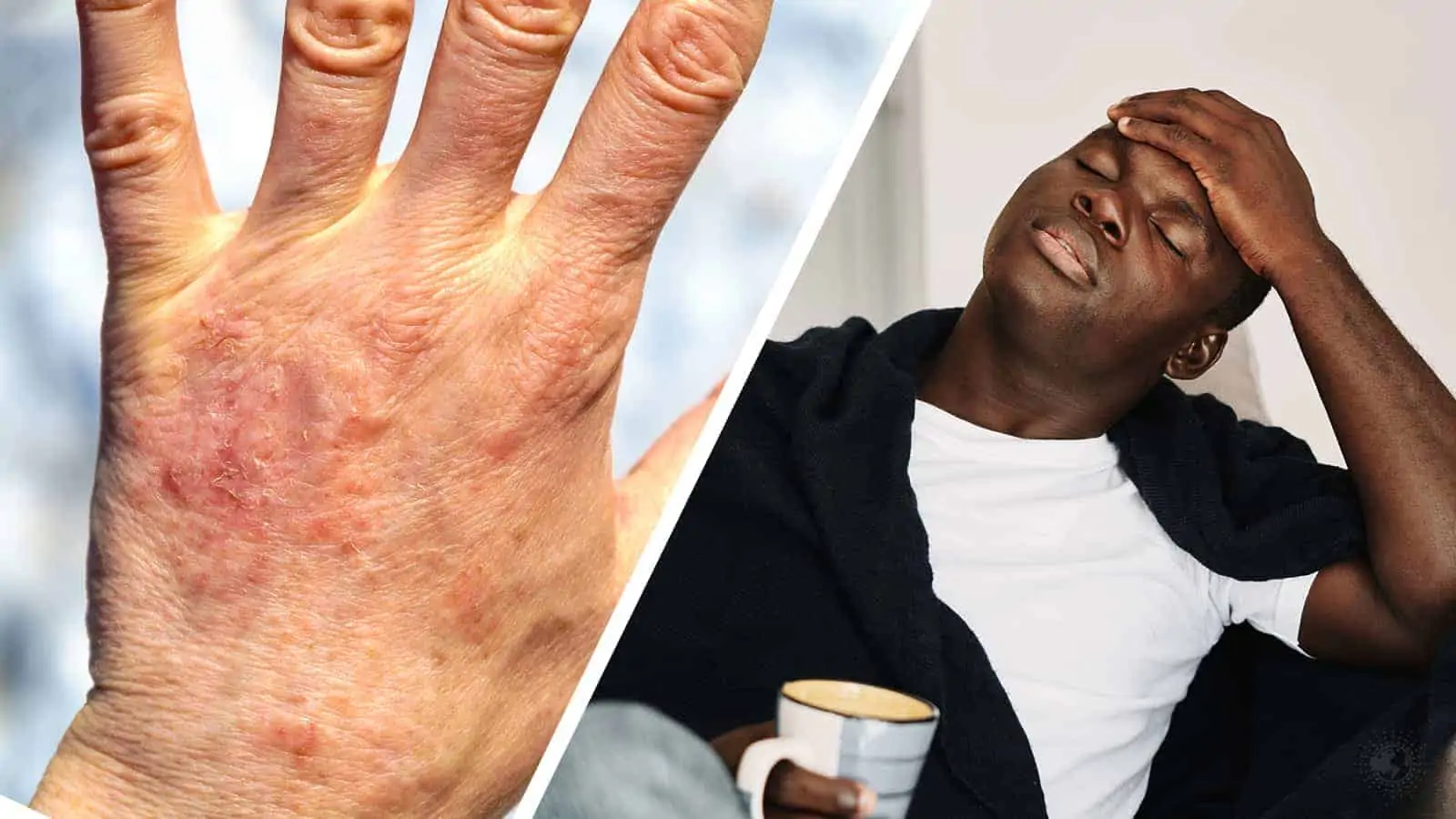Have you ever felt irritable, sluggish, or unable to focus—only to realize later you hadn’t had enough water all day? You’re not alone. Many adults especially those above 30 maybe suffering from mild dehydration unknowingly, which can silently sabotage your brainpower, emotional balance, and energy levels. In a fast-paced world, espescially in humid weather conditions, it’s easy to underestimate how water—or the lack of it—can affect your entire being.
What you think might be a cause for alarm to make a quick stop at the hospital might actually be caused by something as simple as dehydration.
In this article, we’ll unpack how dehydration directly impacts your brain, alters your mood, and drains your energy—and show you how to bounce back with smart, simple hydration strategies tailored for your everyday lifestyle.

How Dehydration Affects the Brain
Water makes up about 75% of the brain, so it’s no surprise that even a 1-2% drop in hydration can reduce brain function significantly. Research shows that mild dehydration:
- Shrinks brain tissue temporarily
- Decreases cerebral blood flow
- Slows down neural communication
This leads to brain fog, forgetfulness, difficulty concentrating, and slower reaction times. If you’ve ever stared blankly at your screen or struggled to recall something simple, dehydration might be the sneaky culprit.
🧠 Supporting keyword used: dehydration and brain fog
Scientific Backing:
A 2012 study in the Journal of Nutrition found that mild dehydration reduced memory and increased tension and anxiety in young women. Another in Frontiers in Human Neuroscience showed lower cognitive performance in dehydrated individuals, especially under heat stress—common in tropical climates like Ghana’s.

Dehydration and Mood Swings
Did you know that not drinking enough water can literally ruin your mood?
Dehydration raises cortisol, the stress hormone, and disrupts serotonin and dopamine production—two key chemicals that help stabilize your emotions.
Signs include:
- Increased irritability or impatience
- Feeling anxious without knowing why
- Being emotionally reactive or overly sensitive
Mood swings dehydration is not just a buzzword; it’s a real and preventable issue. Adults juggling work, family, and stress often mislabel emotional lows as burnout, when the issue may simply be poor hydration.
Supporting keyword used: mood swings dehydration
💡 Tip: Pair water intake with mood check-ins. If you’re feeling off, try a glass of water before reacting or overthinking.
The Energy Connection: Why You Feel Tired Without Water
Fatigue is one of the first signs of mild dehydration. Your body uses water to transport nutrients and oxygen to cells. Without enough fluid, your blood becomes thicker and harder to circulate—forcing your heart to work harder and leaving you feeling drained.
⚡ Signs of low energy dehydration:
- Midday crashes
- Sluggish mornings despite full sleep
- Lack of motivation or drive
Even your mitochondria—your body’s energy factories—slow down without adequate fluid balance. This means you’re not just tired—you’re under-fueled on a cellular level.
Spot the Signs of Mild Dehydration Earl

It’s easy to overlook dehydration when it doesn’t show up as extreme thirst. Watch out for these subtle signs of mild dehydration:
- Dry lips or tongue
- Headaches
- Lightheadedness
- Trouble focusing
- Dark yellow urine
🌡️ Hot Tip: In warm or humid climates like what we have in Ghana, you may sweat more and lose fluids without realizing it. Hydrate even if you don’t feel thirsty.
How to Prevent Dehydration Fatigue: Practical Daily Tips
- Start Your Day with Water: Before coffee or tea, drink a glass of water with lemon or a pinch of sea salt to kickstart fluid balance.
- Use the 8×8 Rule: Aim for 8 glasses of 8 oz water a day, adjusting based on your activity level and weather conditions.
- Snack Smart: Eat hydrating foods like watermelon, cucumber, and oranges. They contribute to total fluid intake.
- Set Reminders: Use phone alarms or hydration apps like WaterMinder to track and remind you to drink throughout the day.
- Customize for Climate: On dry harmattan days or when working outdoors, up your intake by at least 2–3 more cups.
DIY Electrolyte Drink Recipes to Restore Balance
Sometimes, plain water isn’t enough—especially after sweating, exercising, or being under the sun. Here’s a simple homemade electrolyte drink to restore balance and boost your energy:
Ginger Citrus Hydration Mix
- 1 cup coconut water
- Juice of ½ lemon
- Pinch of sea salt
- 1 tsp grated ginger
- ½ tsp honey (optional)
Mix and chill. Great for morning pick-me-ups or post-exercise recovery.
Bonus: Tailoring Hydration to Your Lifestyle in Ghana
Living in Ghana? Here’s how to optimize hydration locally:
- Office workers: Keep a bottle on your desk and flavor it with mint or fruit slices. Sip during meetings or Zoom calls.
- Field workers: Carry sachet water or reuse large bottles. Coolers with ice are essential for long shifts outdoors.
- Older adults: The thirst reflex weakens with age. Make hydration a habit rather than a response to thirst.
Hydrate for a Sharper, Happier You
Dehydration doesn’t just dry out your body—it dulls your mind, hijacks your emotions, and saps your energy. By recognizing the early signs and incorporating daily hydration habits, you can restore your brain clarity, emotional stability, and overall vitality.
Make it part of your routine—your future self will thank you.




One thought on “Sustain Energy & Mood: How Dehydration Impacts Brain Function”
Comments are closed.